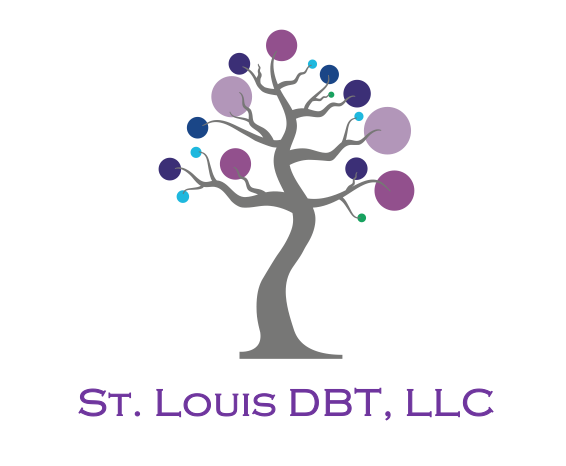Support for the Supporters
Support for Parents of Sensitive Kids
Highly emotional kids are what we call “Super Sensors”. They react quickly, feel things intensely, and have difficulties landing back on solid ground after an epsiode of strong emotions.
Parents of Super Sensors need to be Super Parents, but none of us are born with a super parent cape. We need support and training to become what our Super Sensor kids need from us. There is no shame in that.
The best way to teach our children that there is always room to grow and improve is to model that growth. In this program, parents learn and practice skills for creating an environment that fosters growth and change for all family members.
Riding the Storm: Support for Loved Ones of People with BPD
If you have a person with extreme emotion dysregulation in your family, YOU are on the frontlines.
You may find yourself constantly bombarded with anger outbursts you can’t identify the cause or origin of. You watch your loved one spiral day after day and anytime you offer a fix, they seem to spiral faster and further. You may fear coming home, not knowing which version of your loved one you are going to find there. While your loved one’s therapist or doctor gets to “set boundaries” and take breaks, you are never off duty. You need respite, validation, and answers.
No matter how you are involved in your loved one’s treatment, research demonstrates that getting peer support for yourself, learning about the disorder(s), understanding the origins of problem behavior, and learning new ways to cope and support your loved one can improve outcomes, reduce relapse, and increase medication and treatment compliance.
Support for Loved ones of overcontrolled people
Overcontrolled people may carry a diagnosis of OCD, Autism, Anorexia, or Anxiety. They have difficulty expressing themselves, being vulnerable, being spontaneous, or coping with change.
Understanding overcontrolled coping and its origins can create a harmonious home and may increase prosocial communication for all parties.
Learning the skills your loved one with an overcontrolled coping style is (or could be) learning in therapy is incredibly valuable in order to model, coach, reinforce, and support them in creating behavioral change.
Family Therapy
Family therapy builds on your strengths as a family unit. Every family has strengths, and it can be difficult to find them when you’re experiencing distress. You will work with your therapist on rediscovering those strengths, harnessing their power, and working together as a whole to find:
Understanding of the role of emotion in relationships
Validation of yourself and your family members
Strategies to increase wanted and decrease unwanted behaviors through reinforcement and validation
Acceptance of self and others
How to express what you mean clearly and effectively
Listen mindfully and with empathy
Understanding your loved one’s capabilities and how to coach them to use new skills to regulate emotions
Family Consultation
STLDBT offers consultation for family members. If you have an adult child who depends on you for everything, a teen with behavior problems or a partner with Borderline Personality Disorder, contact us to hear how we can help.
Our Family Therapy Philosophies
Strengths Oriented:
The therapist helps the family to identify their strengths and build on them so they can feel better about themselves and their family relationships. In part, the therapist does this by modeling validation. Validation is the key to knowing that we are understood and we are understanding others.
Cognitively- And Behaviorally-Focused:
The therapist will help you discover how your thoughts and emotions affect your behavior and how to make different choices in your relationships. Our thoughts, beliefs, and assumptions create our worldview, which can sometimes be a difficult place for our loved ones to live. Through family therapy, you can alter your thoughts and behaviors to be congruent with your desire to have healthy relationships.
Homework:
We know you have busy lives and even taking the time for therapy can be a real stretch. We also know that families who work on skills outside of session are more likely to see change and benefit from therapy. That is why you will have the largest say over your homework. We tailor your homework to suit your needs by ensuring it is focused on your goals and relatively easy to implement in your current day-to-day lifestyle. Change happens in steps, so your homework will be those steps; not too little, not too big.
THERAPEUTIC Neutrality:
In family therapy, the therapist maintains neutrality. This does not mean the therapist does not call attention to patterns of behavior in one family member or the other when it is beneficial to the relationship. So there will be times when a family member might feel discomfort at the individual attention but over the course of a session or many sessions the attention balances out and it will become evident that the therapist’s goal is supporting the shared goals of the family.



